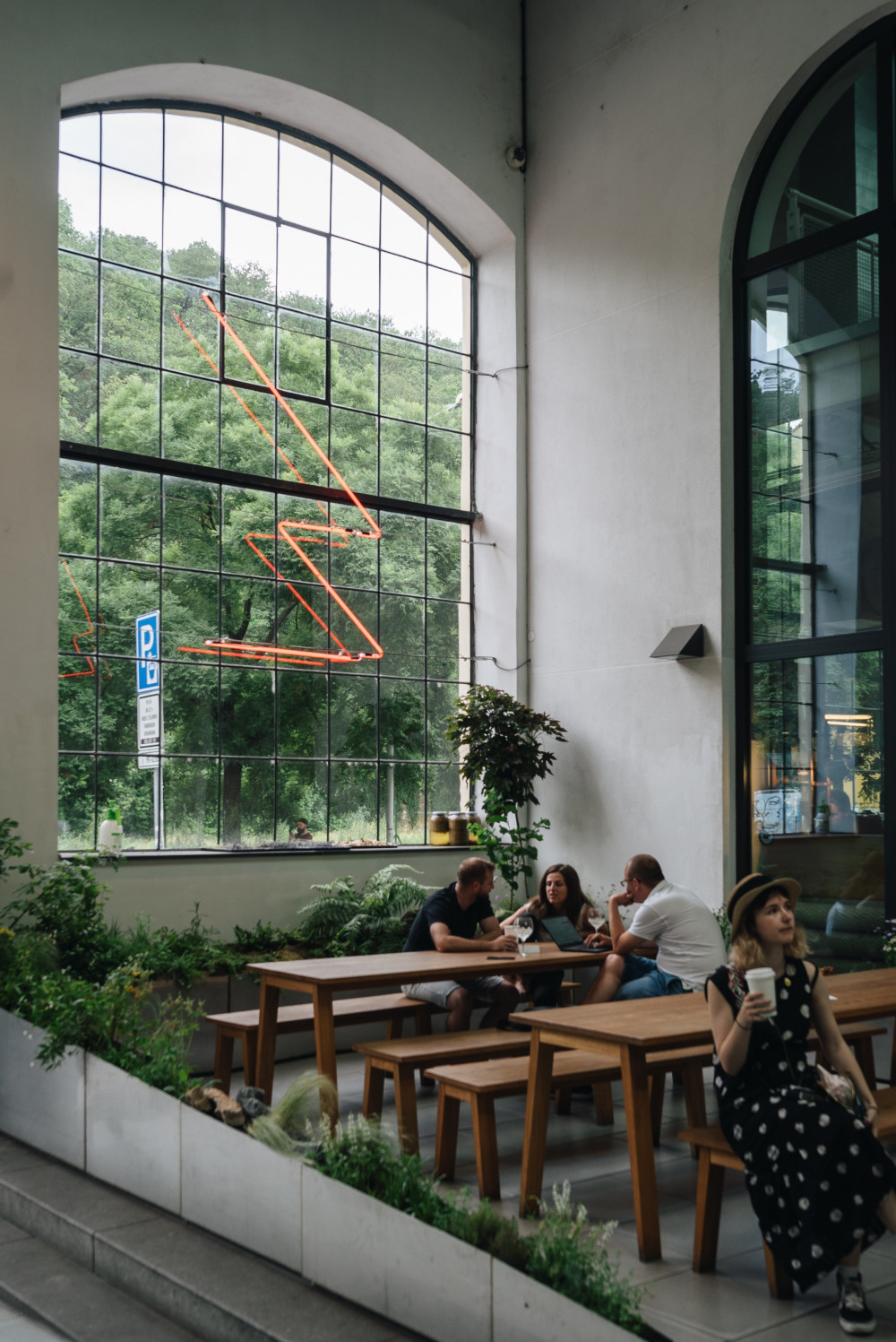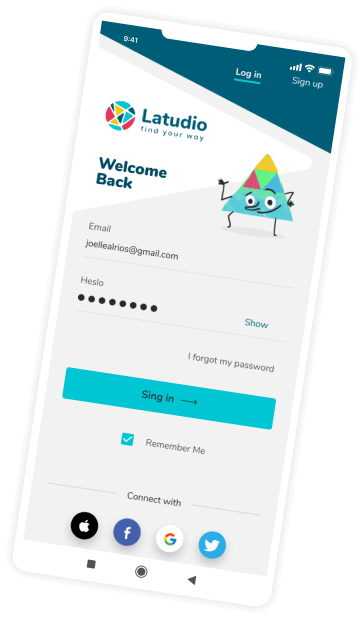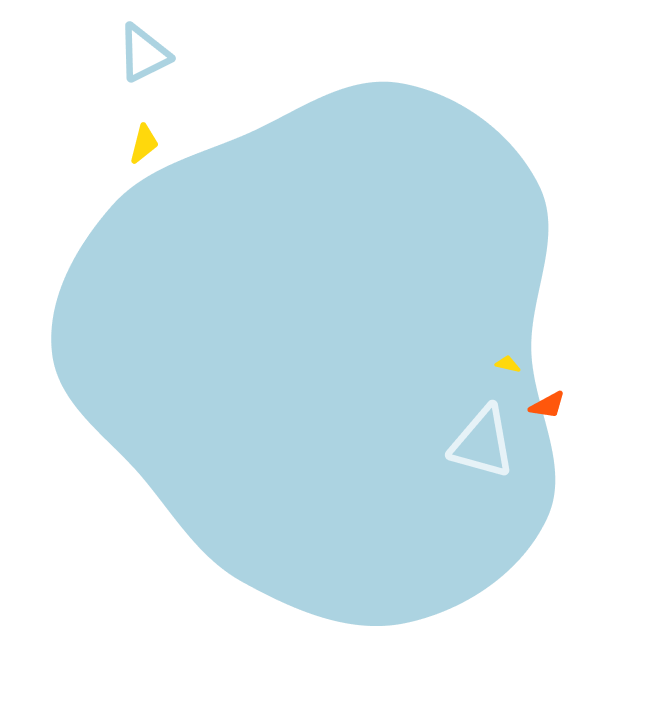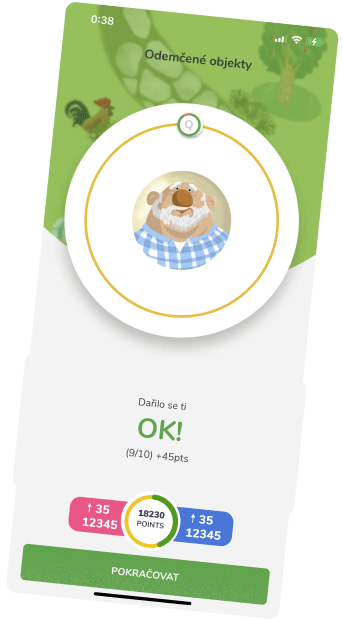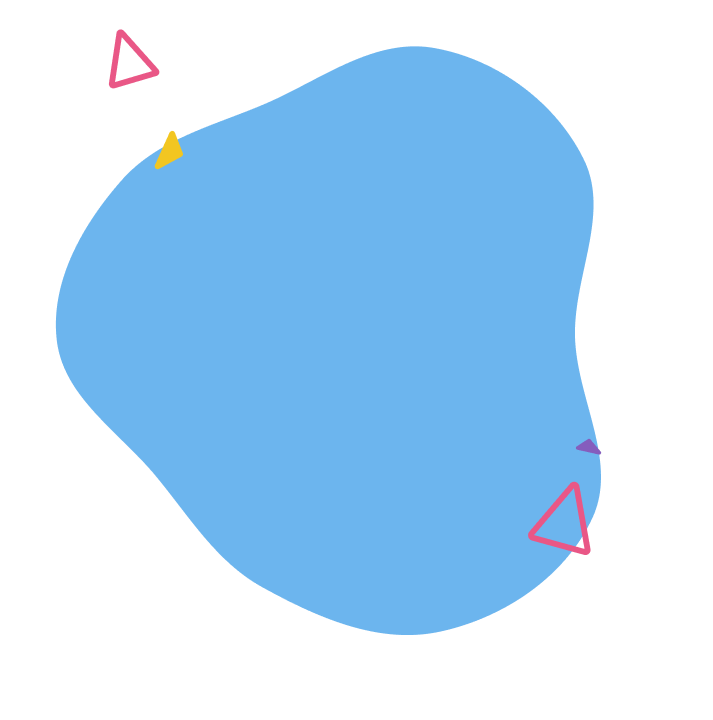Little Cultural Differences between US and Czech Restaurants
One of my most memorable moments was when Prague opened up after the first wave of Covid. There was a dining table the entire length of the Charles Bridge. It was available for anyone to go and eat there together. It was a symbolic testament to the culture of eating together.
Before I lived in the Czech Republic, I remember going to an Italian Cafe in New York. There was one long table in the center and smaller tables along the sides. Some years later, I also sat at a long table in a crowded French Cafe in New York. Back in those days, I had never experienced that at any restaurant in the US. Of course, I’m not counting those long cafeteria tables in grade school.
Now that I think about it, long dining tables are very common in historical European movies. Castles and dining halls with their long tables have been very much a part of European culture.
Here in Prague, it’s rather common to sit at a long table in pubs, bistros, and cafes. So don’t be surprised if someone sits next to you. As a courtesy, some may say, Mohu si přisednout? (Can I take a seat?) But, don’t be surprised if they just sit down, too.
As an American, I initially found it quite uncomfortable, but nowadays, even as an introvert, I find it quite appealing. On my recent visits back home, I’ve also seen more restaurants with long tables.
Here’s a shortlist of valuable phrases and tips that are culturally different from the US.
Going to the Restroom
When I first learned Czech, I made sure I could ask Where is the restroom? Here in the Czech Republic, it’s labeled WC, Water Closet. But the way to ask is Kde jsou toalety? Nebo, Kde tu máte záchod? (Where are the toilets?) I know, it sounds crass.
Here’s a funny one. Don’t say, Jdu do záchodu . Even though you think it means I’m going to the toilet, what you actually said was I’m going into the toilet. Instead, say Jdu na záchod. As I’ve learned, “do” often means to the inside of something, whereas “na” means to it, but not to the inside of it.
Another way is just to say Odskočím si, which literally translates to I’m popping out. In this context, you don’t have to say I’m popping out to the toilet, Odskočím na toaletu. People will know.
Finish Eating
In the Czech Republic, you can let your server know you have finished eating and they can take your plates away. Just leave your knife and fork aligned together. It’s a convenient gesture so that you aren’t interrupted like I have been in the US with, Are you finished? Especially when I don’t eat everything on the plate, it’s easier to have a way to say, please take it away.
In the US, you don’t tell the server I’m finished, so they remove the plates. Instead, just wait for the server to offer you dessert or coffee. Or, if you want you can just ask for the bill.
Lingering Conversations
In the Czech Republic, when you don’t put the knife and fork together, you can just stay and talk. Then, when you’re finished talking and ready to leave, or have the next course, you can put your knife and fork together. I find this to be perhaps the most valuable cultural nuance.
In comparison to the US, of course, you can have lingering conversations, but you’ll likely be interrupted by the server wondering if you’ve finished your meal so they can take your plate away.
These lingering conversations are more familiar to me with my partner’s Czech family members, than with my family members in the US. For some reason, I don’t know if it’s culturally influenced or not, when I’m in the US, I like to get the plates cleared off the table and move on to do something else. While with my partner’s family, I find myself just sitting there and talking (mostly listening because I don’t understand everything that they say), until the conversation is over. Then, someone gets up to remove the plates, with all of our forks and knives aligned together on each person’s plate. :)
Asking for the Bill
In either country, if you don’t ask for the bill when the server is at your table, you’ll have to find a way to get their attention to ask for the bill. But, there is another difference between the US and the Czech Republic when asking for the bill.
In Czech, it’s Zaplatím, prosím, or Zaplatíme, prosím, which literally translates to I will pay, please, or We will pay, please. Culturally, it’s not necessary to be literal and say Chtěl bych účet, prosím, I would like the bill please.
Tipping
In the US, I often would leave some money as a tip at the table after paying my bill. This was a way of saying the service and food was five stars, best ever. There isn’t something like that in the Czech Republic.
When I first started coming to the Czech Republic in 1991, tipping wasn’t the norm. It was somewhat rare. And if you did, you tipped really small amounts, usually rounding the price by the next 10 crowns. But, over the years, it has become the norm, and you also tip more generously
What’s different between the two countries is that in the Czech Republic, it depends on if you are paying with cash or a credit card. Usually, the server will ask, because that way they will either return with a box or tray for paying in cash, or they will bring a handheld machine to process the credit card.
If you are paying with cash, add the tip to the total and either leave that amount in the tray or box, or (more often) tell the waiter how much you are paying including the tip. If you are paying with a credit card, you have to tell the waiter in advance how much you wish to add, and they will add it to the overall sum that you are are signing. Some servers will tell you, however, that they prefer the tips in cash, so be prepared and have some loose coins or a little cash available.
Last thing
All these small cultural differences are important. As you become familiar with them and use the language, you feel more and more a part of the country. And the more that happens the more it feels like a second home.







